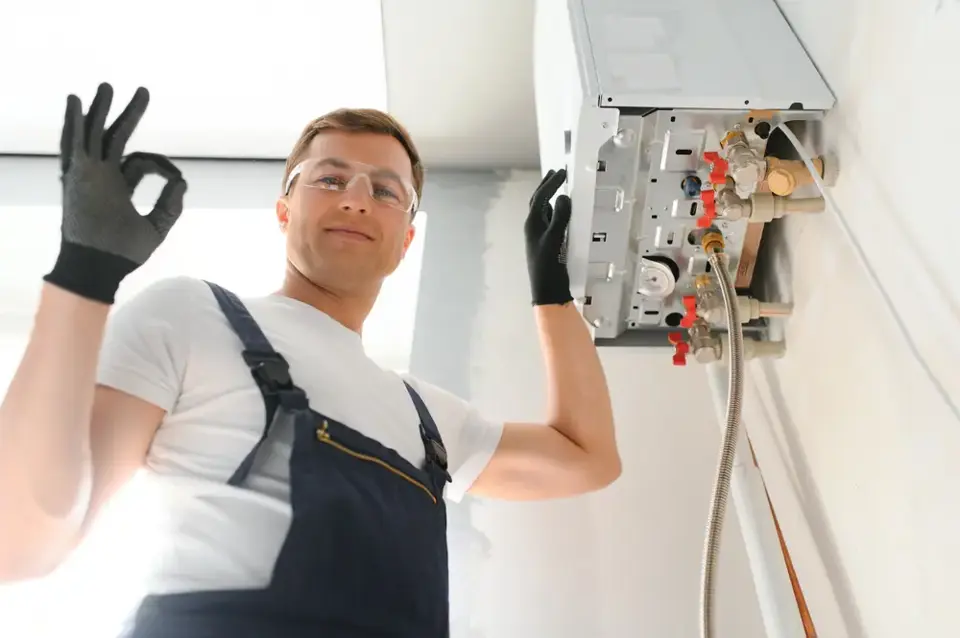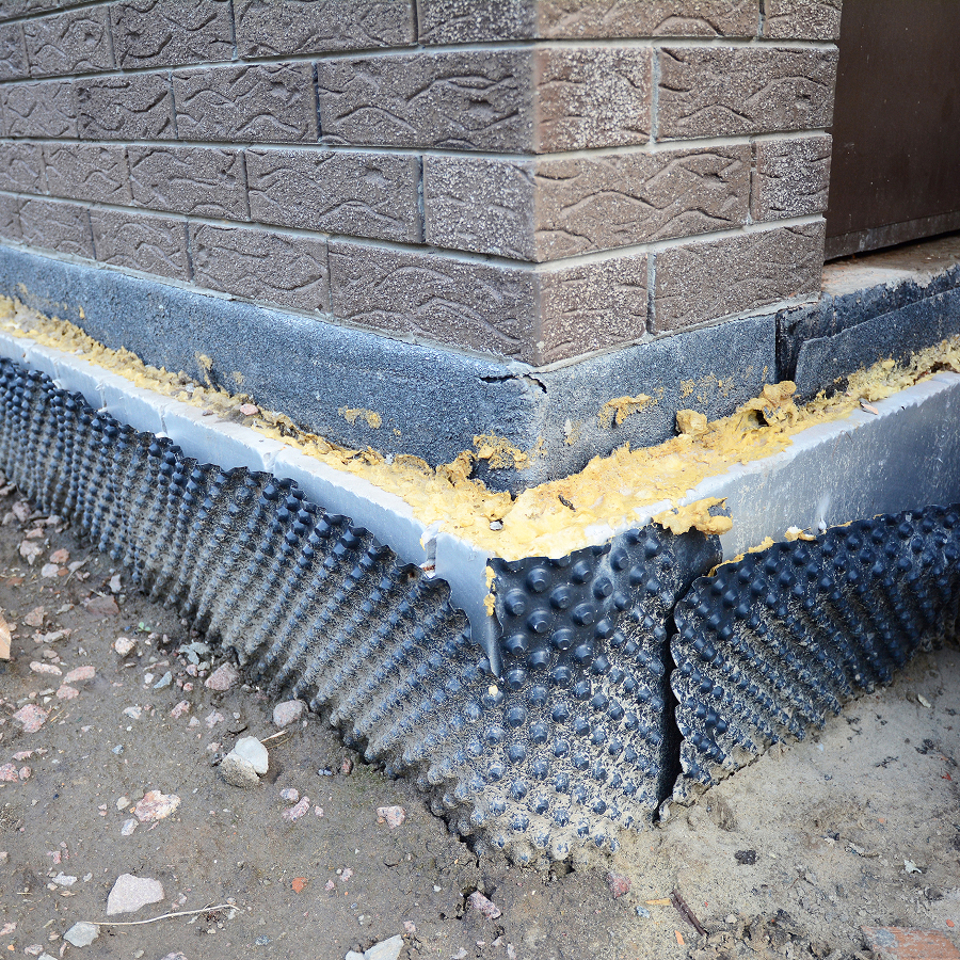
Hot water is no longer considered a luxury. It’s a regular component of modern life. We appreciate hot showers, washing dishes in water that kills germs, and the ability to wash our hands and not have them chapped and raw from rinsing them in freezing water. Who knew that the journey to hot water had such an interesting history? From battlefield brews to bizarre patents, the history of the water heater is anything but lukewarm. Here are the wild, weird, and surprisingly cool facts about hot water and the heaters we use to create it.
When Boiling Water Was a Luxury
Before modern water heaters, heating water was a full-blown production. You needed a fire, a big pot, and a whole lot of patience. Bathing was a luxury, often reserved for the rich—or the brave—because dragging buckets of hot water to fill a tub was an Olympic-level workout. (Which explains why baths were more “weekly” than daily!)
That all changed in 1868 when English painter (yes, painter) Benjamin Waddy Maughan created the first instant water heater, affectionately called the Geyser. It was basically a vertical metal tank hooked up to a gas burner, and while it didn’t have a flue to vent out carbon monoxide (oops), it was the granddaddy of modern tankless heaters. It’s no exaggeration to say that hot water got a whole lot safer after the invention tried to poison people. Progress, right?
The Patented Pursuit of Piping Hot
In 1889, American inventor Edwin Ruud—an immigrant from Norway—took Maughan’s explosive idea and ran with it. He patented the first automatic storage water heater in Pittsburgh. Ruud’s system was safer, smarter, and way less likely to asphyxiate you, which is always a plus. He eventually started the Ruud Manufacturing Company, a name still familiar in water heaters today.
But patents didn’t stop with Ruud. Over the years, inventors have patented everything from solar-powered tanks to voice-activated temperature controls. In 1979, one particularly ambitious patent described a combination microwave oven and water heater. (Why not heat your lasagna and your bath water with the same appliance?) Sadly, it never caught on. Probably for the best.
Tea Tanks and Tactical Temps
Now for one of our favorite hot-water head-scratchers: the British military once installed water heaters in tanks—not the water kind, the armored vehicle kind. Known affectionately as the “Boiling Vessel” or BV, this tiny tank-mounted water heater could heat water for tea, instant noodles, or even meals ready-to-eat. When you’re in the middle of battlefield chaos, the ability to make tea becomes more than a creature comfort—it’s practically sacred. The BV became so essential that soldiers reportedly refused to use new tanks that didn’t include it.
This might sound like a stereotype but trust us—this is not a joke. A hot cuppa in a cold tank is non-negotiable in Her Majesty’s Armed Forces.
The Quooker: Hot Water’s Glow-Up
Fast forward to modern kitchens and meet the Quooker—a sleek little faucet system from the Netherlands that delivers boiling water on demand. No more waiting for kettles or microwaves. Just twist, push, and you’ve got 212°F (100°C) water flowing straight from the tap. Originally dreamed up by Dutch physicist Henri Peteri in the 1970s, the Quooker is now a kitchen status symbol, especially in Europe.
It’s like the water heater went to design school, graduated top of the class, and decided to make teatime fabulous.
Legal Drama, Hot Water Edition
You wouldn’t think water heaters would spark courtroom drama, but in 2009, two major U.S. manufacturers, Rheem and A.O. Smith, were embroiled in a class-action lawsuit over allegedly defective dip tubes (the part that directs cold water to the bottom of the tank). Homeowners across the country experienced lukewarm showers, weird sediment issues, and murky water. The result? A massive recall, a legal battle, and a lot of people who had to go without hot water for way too long.
Turns out even the most dependable household items can become the stars of legal soap operas.
Hot Water Goes Off the Grid
Today, solar and hybrid water heaters are leading a quiet revolution. In some parts of the world, solar heaters are required by law in new homes. Hawaii was the first U.S. state to do this, mandating solar water heating systems in 2010. It's a big step for sustainability—and a small step for homeowners tired of rising energy bills.
Some off-grid cabins even use “batch heaters”—basically a big black barrel on the roof that soaks up the sun all day. It’s simple. It’s scrappy. And it works.
The power of hybrid water heaters
One of the most exciting advancements is the hybrid water heater—a system that combines traditional electric heating with energy-saving heat pump technology. Instead of creating heat from electricity alone, hybrids pull warmth from the surrounding air to heat your water, making them up to three times more efficient than standard models. They’re smart, they’re quiet, and they practically pay for themselves over time in energy savings. And right now, we're offering a limited-time special on hybrid water heater installation—so there’s never been a better time to upgrade.
Don’t miss your chance to save big and shower smarter.
Call ServiceOne today or schedule your upgrade online—before this deal goes cold!
Hot water heaters are more than just a tank in the closet
Heating water has come a long way since the days of boiling pots over open flames. The 20th century brought tank-style water heaters that gave families convenient access to hot water, but today’s systems are in a whole new league. Modern water heaters now include tankless models that heat water on demand, smart heaters that you can control with your phone, ultra-efficient heat pump technology, and even solar-powered systems. These innovations don’t just make hot water more accessible—they improve energy efficiency, lower utility bills, and reduce carbon footprints across homes and businesses alike.
Behind every splash of hot water is a story—and it’s often wilder, weirder, and cooler than you’d imagine!





